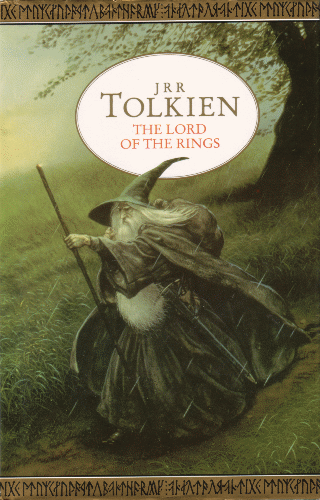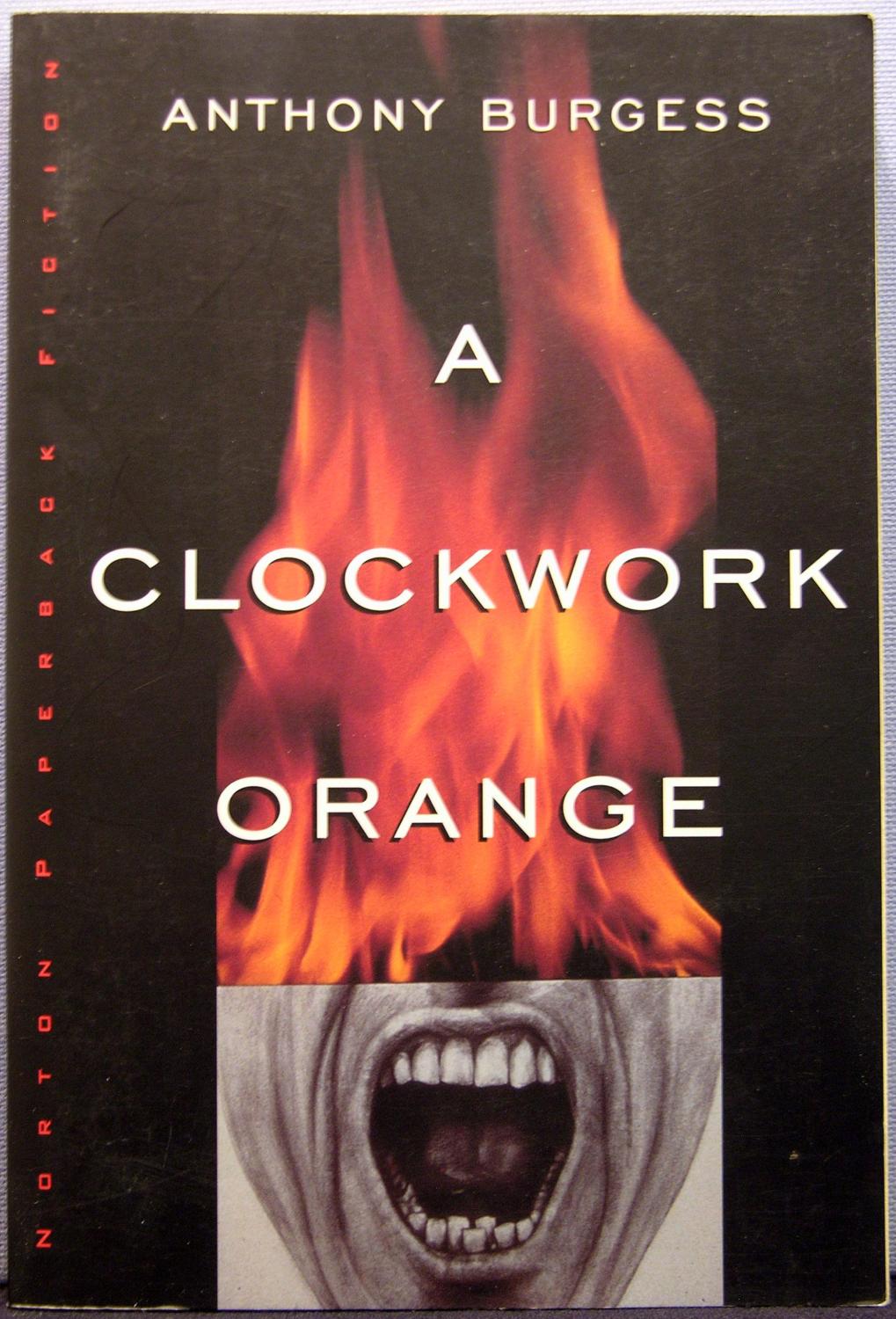TheInfamousKira
Reseterror Resettler
Honestly, probably the Bible. I've got one foot in agnosticism but my father has spent his entire life in the ministry, and he's a probably well read person, so I've picked up a lot of second hand verse memorization and knowledge of the inner workings of non denominational and southern Baptist Christianity. It forged me into someone who makes a concerted effort not to be a dick.
Barring that, probably comics. I was never a collector, but my early fascination with Batman and some Marvel superheroes got me into sci-fi, which was later refined by the Power Rangers into weeb shit, and further refined into fantasy when I got into Zelda and gaming in general.
Barring that, probably comics. I was never a collector, but my early fascination with Batman and some Marvel superheroes got me into sci-fi, which was later refined by the Power Rangers into weeb shit, and further refined into fantasy when I got into Zelda and gaming in general.













